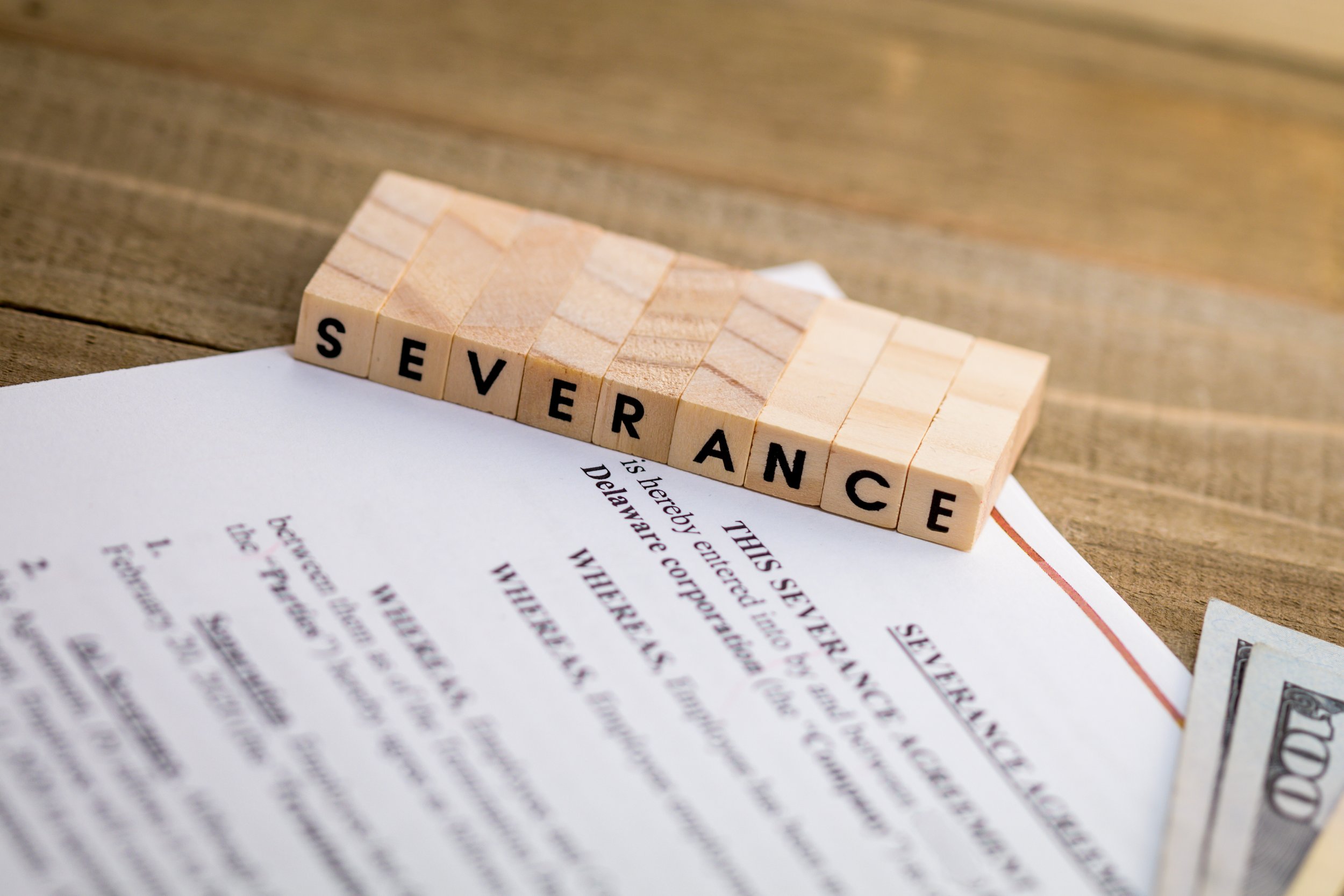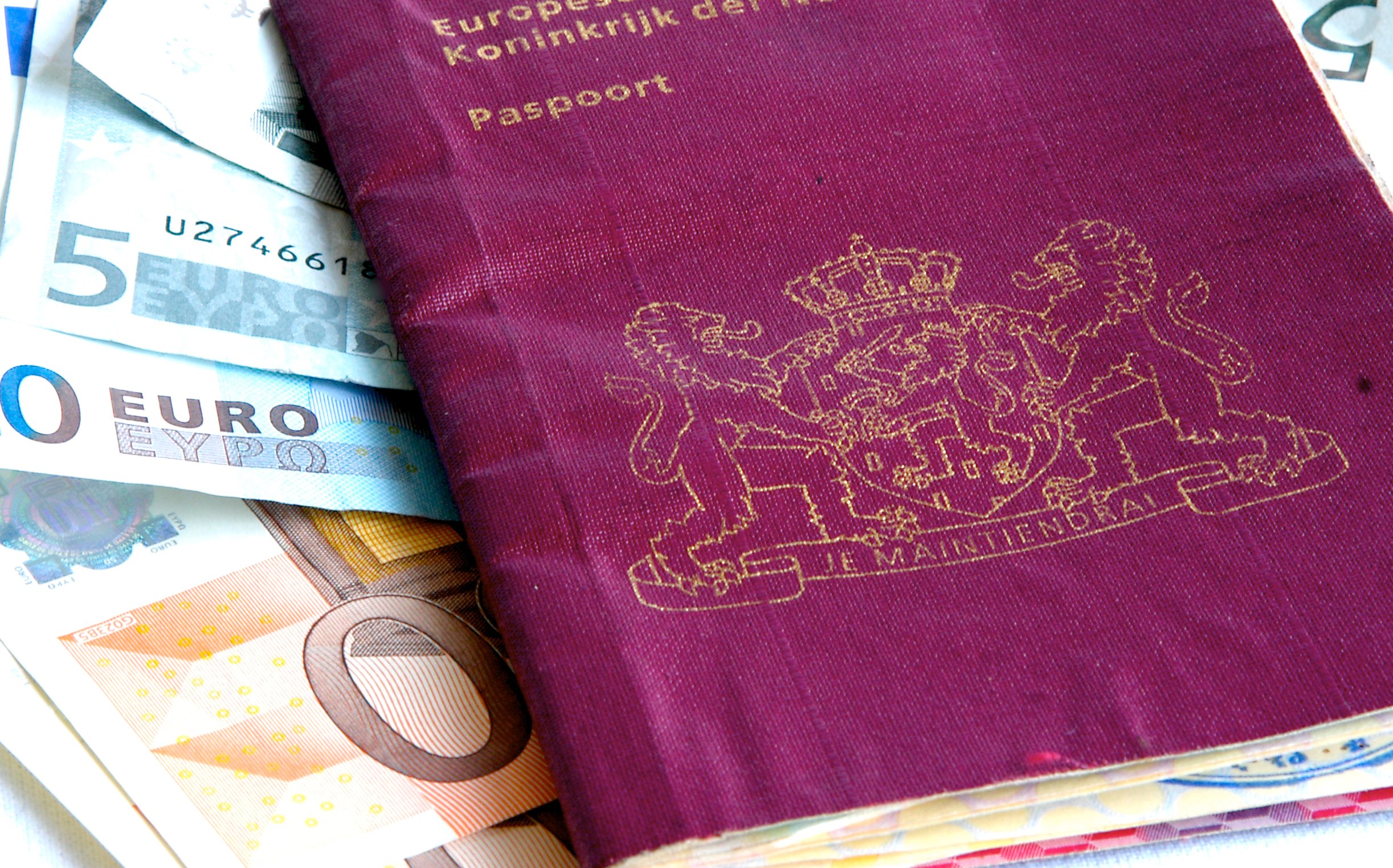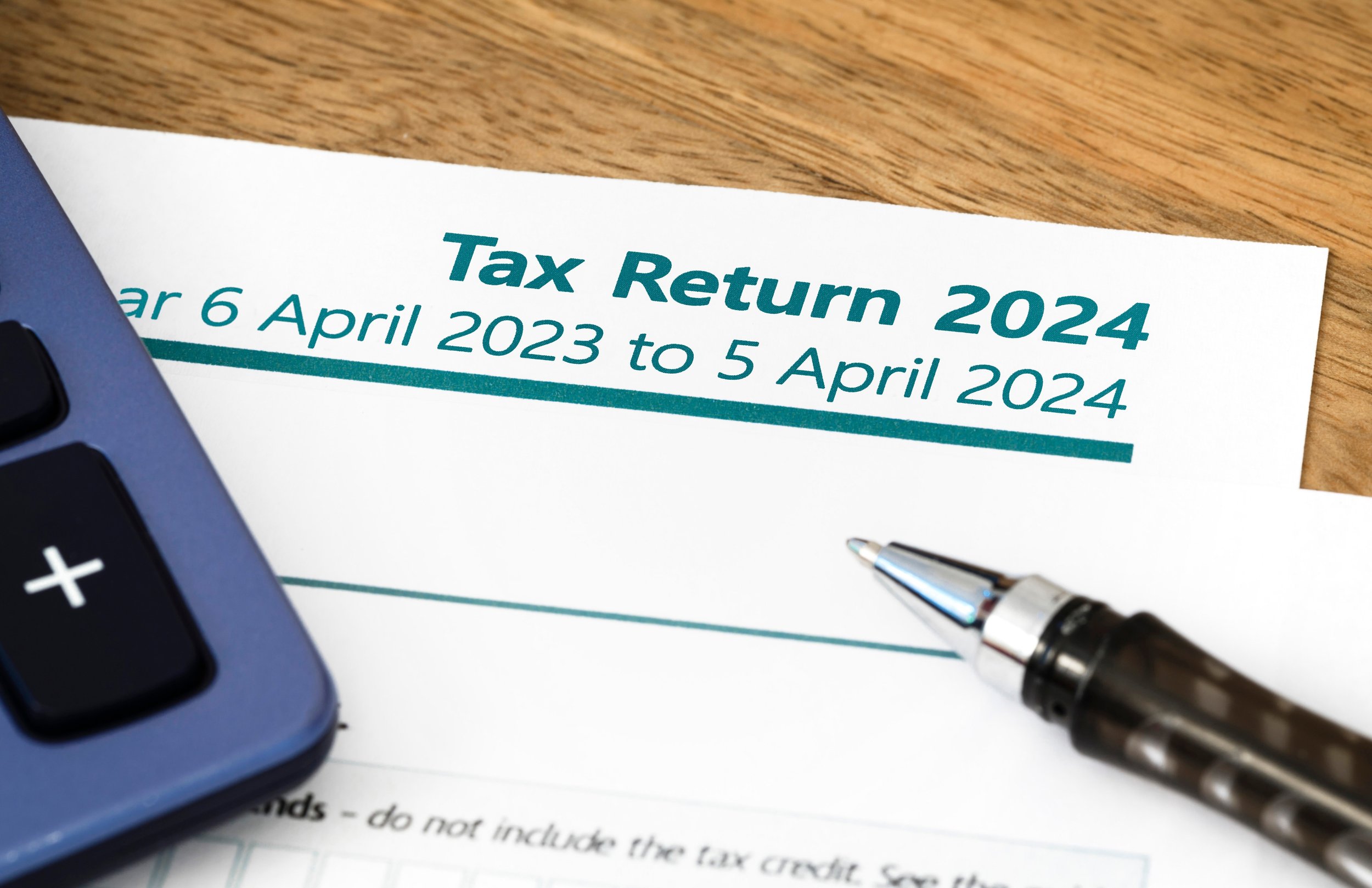
How to Exchange Your Foreign Driving License in the Netherlands (with the 30%-Ruling)
Exchange your foreign driving license in the Netherlands with the 30%-ruling. Follow our easy guide and hit the road stress-free.
As most of you loyal followers of our blog already know, the 30%-ruling is a tax advantage designed for highly skilled migrants moving to the Netherlands. It allows eligible employees to receive up to 30% of their gross salary tax-free, intended to cover the extra costs of working abroad. However, less known are the complexities surrounding the duration of this benefit. Here's what you need to know.
Currently, the 30%-ruling is granted for a maximum of 5 years, or more specifically, a maximum of 60 months.
If the application is submitted within four months of the employee starting to work in the Netherlands; this is usually the start date of the employment contract with a Dutch employer or a foreign employer with a Dutch tax liability, then the effective start date of the 30%-ruling benefit typically coincides with this employment start date.
However, if the application is submitted after this 4-month period, the retroactive effect of the ruling is lost, and the benefit will only apply starting from the first day of the month following the application date.
Example 1:
Sarah, a software engineer from Canada, began working for a Dutch employer on January 5, 2025. She submitted her 30%-ruling application on March 15, 2025, which is within the 4-month window. As a result, her 30%-ruling benefits are granted retroactively from January 5, 2025 and will end 60 months later on January 4, 2030.
Example 2:
John, an IT consultant from the United States, started working in the Netherlands on February 15, 2024, but did not submit his 30%-ruling application until June 17, 2024. Since this was outside the 4-month window, the retroactive effect was lost, and his 30%-ruling benefits began only on July 1, 2024 and will end 55 months later on February 14, 2029. John therefore lost 5 months of the benefit.
If the employee has lived in, worked in or visited the Netherlands before starting their current employment, the duration of those previous periods will be deducted from the maximum 60-month grant period. Specific rules apply:
Periods of previous stay in the Netherlands within the last 25 years are deducted from the grant period.
The periods of stay are rounded up to whole months.
Periods that ended more than 25 years before the start of the employment are not considered.
If the employee worked in the Netherlands for a maximum of 20 days per calendar year during the 25-year period, those relating periods are not deducted from the 60 months.
If the employee stayed in the Netherlands for no more than six weeks per calendar year for vacation, family visits, or personal reasons, it is not counted as previous stay those relating and those periods are not deducted from the 60 months. Additionally, a one-time uninterrupted period of up to three months for these reasons is also excluded.
Example 3:
Emma, a data scientist from the UK, started her current job in the Netherlands on January 1, 2025. However, she had previously lived in the Netherlands from January 1, 2015, to December 2, 2016. Because this period falls within the last 25 years, it is deducted from the 60-month grant period. The period counts 23 whole months (January 1, 2015 , to November 30, 2016) plus the two days in December 2016. However, because all periods of stay are rounded to whole months, the deduction is 24 months. As a result, Emma’s 30%-ruling is granted for only 36 months (60 - 24).
Example 4:
Michael, a marketing professional from Australia, started working in the Netherlands on February 1, 2025. Over the past 25 years, he visited the Netherlands several times, including 10 days per year for conferences between 2019 and 2022. Since these visits were fewer than 20 days per calendar year, they are not deducted, and Michael remains eligible for the full 60-month grant period.
Example 5:
David, a financial analyst from South Africa, began his job in the Netherlands on April 1, 2025. Between 2000 and 2024, he visited the Netherlands for personal reasons for up to six weeks per year, and once stayed for three months uninterrupted in 2012. Because the six-week annual visits and the one-time three-month stay fall under the exceptions, they are not deducted. David qualifies for the full 60-month 30%-ruling.
Example 6:
Mark, an IT consultant from England, started his current job in the Netherlands on January 1, 2025. In 2012 Mark visited the Netherlands for three separate trips:
First trip: March 1–March 21, 2012 (3 weeks)
Second trip: June 5–July 7, 2012 (4 weeks and 2 days)
Third trip: September 10–September 30, 2012 (3 weeks)
In total, this adds up to 10 weeks and 2 days, which exceeds the 6-week limit for personal stays. Therefore, this period exceeds the allowed stay, and Mark will have 4 months deducted from his 60-month grant period calculated as follows:
First trip: March 1–March 21, 2012: (3 weeks rounded to 1 month)
Second trip: June 5–July 7, 2012 (both June and July rounded to 1 month each)
Third trip: September 10–September 30, 2012 (3 weeks rounded to 1 month)
In 2018 Mark worked 1 day per week in the Netherlands from January to August 2018 (8 months total). Since this period exceeds the 20-day annual limit, the entire 8-month period must be deducted from his 60-month eligibility even though he only worked for 4 days per month in the Netherlands.
In total, 12 months (4 months from the personal stays in 2012 + 8 months from working in the Netherlands in 2018) are deducted from his 60-month eligibility. As a result, Mark is eligible for 48 months of the 30%-ruling.
The end date of the 30%-ruling comes with its own set of complexities, especially regarding payroll and taxation. According to Dutch tax authorities:
If the ruling ends before a salary payment date, the 30%-ruling cannot be applied to that salary payment. For example, if the ruling ends on March 20th and the salary is paid on March 24th, the ruling does not apply to that entire salary payment, even though the 30%-ruling was still in effect for the period until March 20th.
If the ruling ends after a salary payment date, only the portion of the salary earned before the end date qualifies for the ruling. For instance, if the ruling ends on March 25th and the salary for the entire month is paid on March 24th, the part of the salary related to work after March 25th does not qualify. That means that the salary related to workdays between March 25th and March 30th needs to be excluded from the 30%-tax free allocation.
In cases where salaries span the end date of the ruling, employers may need to prorate the salary using a proportional calculation with two separate payments. This ensures that the 30%-ruling is properly accounted for those final few days. Employers should consult specific payroll guidelines and consider individual circumstances to ensure accurate application.
The above shows just how complex the 30%-ruling can be. Luckily our team of experts, who also wrote this article, have years of experience navigating the intricacies of this ruling. They are ready to assist you with any and all your questions relating to the 30%-ruling.


Exchange your foreign driving license in the Netherlands with the 30%-ruling. Follow our easy guide and hit the road stress-free.

Need help with your Dutch M-form? Discover how Exterus simplifies your tax return with expert guidance and a free quickscan. Get clarity and save time today!

Compare the Netherlands 30% expat-ruling with actual extraterritorial cost reimbursement. Which is more beneficial for expats and employers? Key Dutch tax and payroll insights.

What are the tax risks when paying severance to cross-border employees? This blog highlights what HR needs to know and how to stay compliant.

Are you ready for the Dutch income tax return deadline on May 1st? Learn about filing requirements, available tax forms, and how to request an extension to stay compliant and avoid penalties.

Discover the ins and outs of holiday allowance in the Netherlands, including how it’s calculated, when it’s paid, and why it’s an essential perk for employees in the Netherlands.

Discover how to maintain your 30%-ruling and avoid costly mistakes. Learn about salary thresholds, eligibility, and key factors affecting your tax-free expat allowance in the Netherlands.

Don't miss out on tax benefits! With our smart tips for your 2024 tax return, you can save money and avoid surprises. File your return on time and maximize your tax refund. Read now for all key points and deadlines!

A Dutch Court of Appeal has ruled against a Ukrainian refugee worker’s 30% tax ruling claim, emphasizing strict residency and recruitment criteria.

An ICT permit isn’t enough—Dutch tax, payroll, and social security rules still apply. Learn key compliance risks and avoid costly surprises. Need help? Read more!

The 30% ruling reduces taxes for expats but impacts social security, pensions, and international taxation. HR managers, be prepared! Read about the hidden complexities and optimize your expat policy.

Navigate the Dutch tax system. Learn about income tax, deductions, and the filing process.
Subscribe to our newsletter and stay ahead with the latest insights and developments in global employment mobility, delivered straight to your inbox.
By subscribing you agree to with our Privacy Statement